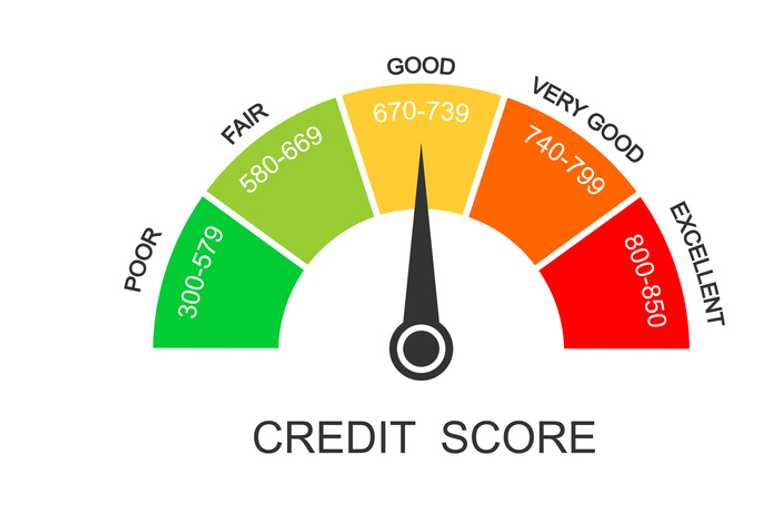Personal finance is the cornerstone of a secure and fulfilling life. Whether you’re just starting your career or planning for retirement, understanding the principles of personal finance is crucial. In this article, we’ll explore key aspects of personal finance, from budgeting and saving to investing and planning for the future.
Section 1: Building a Strong Financial Foundation
1.1 Create a Budget
Establishing a budget is the first step toward financial control. Track your income, expenses, and savings goals to ensure that your money aligns with your priorities.
1.2 Emergency Fund
Build a financial safety net by setting aside an emergency fund. This fund provides a buffer for unexpected expenses and helps you avoid dipping into long-term savings.
Section 2: Managing Debt Wisely
2.1 Understanding Different Types of Debt
Differentiate between good and bad debt. While mortgage or student loan debt can be considered investments, high-interest credit card debt may hinder financial progress.
2.2 Debt Repayment Strategies
Explore effective debt repayment strategies, such as the snowball or avalanche methods, to eliminate debt systematically.
Section 3: Saving and Investing for the Future
3.1 Importance of Saving
Prioritize saving for short-term and long-term goals. Whether it’s a vacation, a home, or retirement, disciplined saving is key to achieving financial milestones.
3.2 Introduction to Investing
Learn the basics of investing to make your money work for you. Understand risk tolerance, asset allocation, and different investment vehicles such as stocks, bonds, and mutual funds.
Section 4: Retirement Planning
4.1 Start Early
The earlier you start saving for retirement, the more time your money has to grow. Take advantage of employer-sponsored retirement plans and individual retirement accounts (IRAs).
4.2 Social Security and Other Income Sources
Understand how Social Security works and explore additional income sources for retirement. Diversify your retirement income streams for increased financial security.
Section 5: Insurance and Protection
5.1 Health and Life Insurance
Secure your financial future by having appropriate health and life insurance coverage. These policies provide protection against unexpected medical expenses and offer financial support to your loved ones.
5.2 Estate Planning
Consider estate planning to ensure that your assets are distributed according to your wishes. This includes creating a will, setting up trusts, and designating beneficiaries.
Conclusion:
Personal finance is a lifelong journey that requires continuous learning and adaptation. By mastering budgeting, debt management, saving, investing, and planning for the future, you can achieve financial well-being. Remember, personal finance is not just about numbers; it’s about aligning your financial decisions with your values and goals. Start your journey to financial empowerment today, and pave the way for a secure and fulfilling future.





